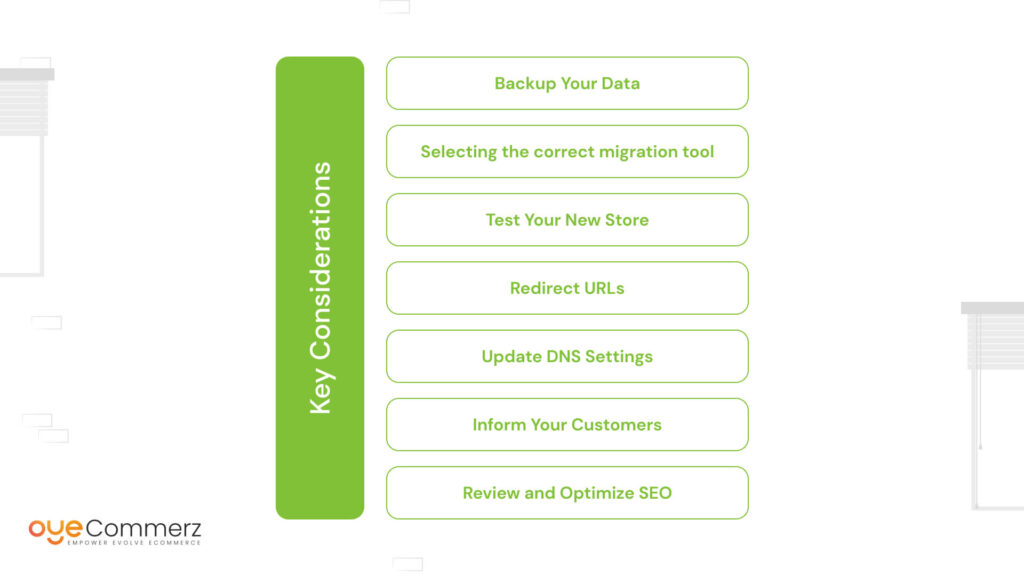In the constantly changing world of digital commerce, selecting the best system is essential for your company’s growth. If you’re at the moment using WP and thinking about a migration to an alternative, you’re not by yourself. Many businesses are making this transition to leverage Shopify’s robust tools, simplicity, and scalability. This guide will take you through the steps of migrating from WordPress to this platform smoothly, making sure that you achieve your online retail potential.
Why Transition from WordPress to this platform?
Ahead of exploring the migration procedure, it’s important to understand why this transition can be helpful for your eCommerce business:
Accessible Tools: Shopify provides an intuitive system that streamlines store management, making it easier for non-technical users.
Flexibility: As your brand expands, Shopify can accommodate higher visitors and sales without sacrificing speed.
Built-in Tools: Shopify provides integrated tools for search engine optimization, analytics, payment management, and much more, reducing the necessity for numerous plugins.
Advanced Safeguards: With Shopify, you get access to robust security protocols that protect confidential customer data.
Steps for a Smooth Migration
Migrating your digital shop from WP to Shopify requires multiple steps.
Here’s steps to ensure a hassle-free transition:
Outline Your Migration Approach
Start by mapping out your migration strategy. Decide on which aspects of your current site you wish to transfer, such as:
Inventory information
Customer information
Purchase logs
Articles
Pick the Appropriate Migration Solution
Based on your preferences, select a migration plan that suits your store. OyeCommerz provides multiple choices:
Entry-Level Plan: Perfect for boutique stores with limited products.
Regular Option: Suitable for mid-range businesses with intermediate needs.
Premium Migration Package: Excellent for high-volume stores needing broad customization.
Secure Your Data
Prior to beginning the migration, make sure that you have a comprehensive backup of your WordPress site. This task is crucial in the event anything goes awry during the move.
Export Your Content from WP
Utilize plugins or custom scripts to extract essential content from your WP site:
Inventory
Customers
Transactions
Content pieces
Import Content into Shopify
When you have your data retrieved, employ Shopify’s migration apps or third-party apps to upload your data into your new store. Verify that all information is accurately formatted and arranged.
Personalize Your Shopify Platform
Following migrating data, customize your Shopify platform’s design to align with your business goals. Look into working with a developer if you want detailed customization.
Establish Payment Gateways and Shipping Options
Configure transaction methods and shipping settings in Shopify to create a user-friendly checkout experience for customers.
Implement Search Engine Optimization Standards
To preserve Shopify store customization your SEO performance during the change:
Implement 301 URL mappings from previous URLs to migrated ones.
Update metadata.
Adjust visual content and content for better ranking.
Evaluate Your Updated Shop
Prior to launching, thoroughly check your Shopify platform. Check for any discrepancies, transaction errors, or missing data.
Launch Your Site
Once everything is in place, it’s the opportunity to go live! Inform the transition to your clients and motivate them to experience the new capabilities of your Shopify store.
Post-Migration Guidance
Post launching your new store, continued support is important. Think about partnering with experts who can guide with:
Site maintenance
Marketing strategies
Performance optimization
Conclusion
Migrating from WordPress to this platform can be a crucial decision for your digital business. By adopting this guide and utilizing experts like those offered by OyeCommerz, you can achieve a effortless transition that boosts your online presence. Embrace the Shopify migration checklist opportunity and unlock the advantages of Shopify today!
